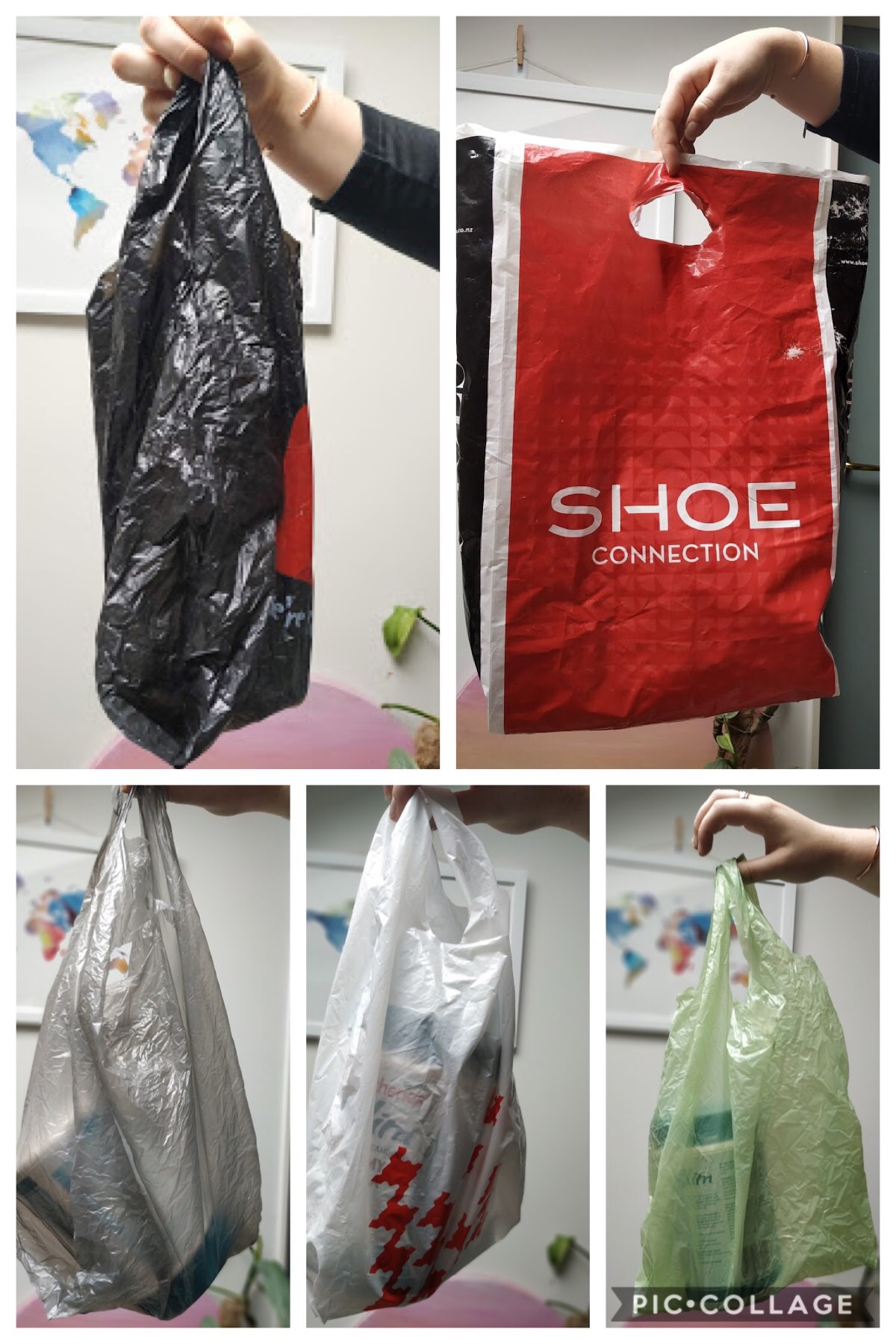
- Sustainable Planet -
- 3mins -
- 359 views
New Zealand bans plastic bags from 1 July 2019
Since Prime Minister Jacinda Ardern’s announcement last August, single-use plastic shopping bags have been phased out in New Zealand, with a complete ban coming into force on 1 July 2019.
New Zealand plastic shopping bag ban set for 1 July
A nationwide ban of single-use plastic shopping bags—being phased out in New Zealand since the Prime Minister’s announcement last August—will come into effect from 1 July 2019. The public are overwhelmingly in favour of the legislation, with 92% of the more than 9,300 people and organisations who had their say in a public consultation supporting the mandatory nationwide phase out.
About the phase out and ban of single-use plastic shopping bags In New Zealand
Last December, New Zealand’s Associate Minister for the Environment Eugenie Sage confirmed that single-use plastic shopping bags would be phased out across the country, with a full ban to come into force from 1 July 2019.
New Zealanders are overwhelmingly behind the phase out. Recently, 92% of the more than 9,300 people and organisations who had their say in a public consultation supported a mandatory nationwide phase out.
The regulations will apply to all new plastic shopping bags with handles, that are made of plastic up to 70 microns in thickness.
This includes the light-weight plastic bags commonly found at supermarket, takeaway food and other retail checkouts, as well as heavier boutique-style shopping bags and the ‘emergency’ bags currently offered by some supermarkets as an alternative to a free single-use bag.
It will also include bags fitting this description made of degradable plastic (ie. biodegradable, compostable and oxy-degradable) regardless of whether the plastic material is sourced from fossil-fuel, synthetic compounds or from biological sources such as plants.
However, bin liners, bags for collecting pet waste and barrier bags used when purchasing meat and fruit and vegetables are not included in the proposed phase out (unless they have handles for the dual use of carrying sold goods).
Source: mfe.govt.nz

Evidence suggests bans on single-use plastic straws and bags work
The first country to ban plastic bags was Bangladesh, which enacted the rule in 2002. Nearly two decades later, dozens of countries — including France, India, Mali, the Republic of the Congo, Morocco, and Papua New Guinea — also have bans in place. Other places that have banned plastic bags and straws so far:
- Kenya has the strictest plastic bag ban of all. The punishment for breaking the law is up to four years in jail or fines up to $40,000
- Rwanda also has a strict policy
- Even a Somali terrorist group banned single-use plastic bags in the areas it controls
- Plastic-bag waste reached such high levels in China that citizens coined the term “white pollution.” The country adopted a full ban in 2008.
- In 2018, the city of Montreal banned single-use plastic bags
- The same year, Taiwan announced a plan to enact one of the world’s farthest-reaching bans on single-use plastic bags, straws, utensils, and cups
- New York became the second US state to enact a state-wide plastic bag ban, and around 200 cities around the United States have rules in place that forbid or tax plastic bags. New York also banned styrofoam
- Hawaii was the first state to ban plastic bags in the US
- California, however, is the US leader in efforts to curb plastic pollution. In addition to the state’s ban on plastic bags, California’s new rules about plastic straws went into effect in 2019
- The city of Seattle, Washington also banned plastic straws in 2018
- Meanwhile, the European Parliament recently approved a law banning a wide range of single-use plastic items like straws, cotton balls, and cutlery
- Disneyland Paris has also banned plastic straws.
Big companies are also taking steps to reduce plastic pollution.
- McDonald’s locations in the UK and Ireland will soon stop giving out plastic straws, and Starbucks, too, announced its intention to stop using plastic straws
- Food-service giant Aramark, which operates in schools, prisons, and hospitals in 19 countries, also hopped on the straw ban bandwagon
- and three hotel companies — Hyatt, Hilton, and Marriott — are ditching or curbing the use of straws, too
- Just three months after two of Australia’s largest supermarket chains — Coles and Woolworths — banned plastic grocery bags in 2018, the country had cut its plastic bag use by 80%.
Instead of outright bans, some places are trying other incentive strategies.
Washington, DC, for example, has a 5-cent plastic bag tax. Bulgaria, Ireland, Denmark, and Sweden all have some type of bag tax as well, and evidence so far seems to suggest that these bans on single-use plastic straws and bags work.

